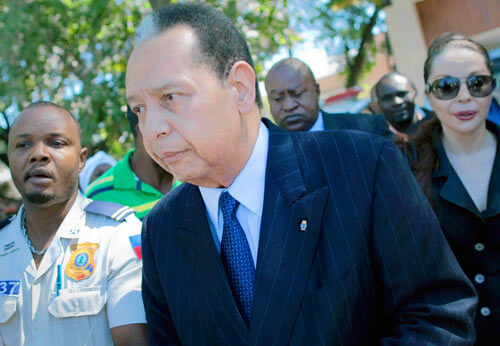United Nations (IPS/GIN) — The three-day MDG summit of world leaders ended with the adoption of an “outcome document”: a plan of action to accelerate progress towards achievement of the U.N.’s development goals through 2015.
Asked if this plan was just a theoretical exercise lacking concrete commitments, Joanna Kerr, chief executive of ActionAid, told IPS: “The outcome document is clearly trying to be all things to all people.”
She described it as an aspirational document, but added “the world cannot be fed on aspiration alone”.
“What we need is an emergency action plan for the goals that are most at risk, not an avalanche of promises on dozens of issues,” she said.
Kerr said the United Nations must focus on the big challenges looming large over poor countries, such as hunger, climate change, and women’s rights. “Without concerted action on these goals, they will remain off track,” she predicted.
What is good, she pointed out, is that the outcome document recognises the crucial role that smallholder farmers play in the fight against hunger. Investing in women, who produce 80 percent of poor people’s food, is the best way to avert another food crisis and will allow poor nations to grow themselves out of hunger.
But without any clear indication of when and how the money will reach those who need it, it remains unclear how the goal will be met, she noted.
Asked if anything positive came out of the summit, Kerr told IPS that a number of individual governments did announce laudable efforts to tackle poverty.
The global announcement of 40 billion dollars to save the lives of mothers and children is significant, she said. And U.S. Secretary of State Hillary Clinton’s commitment to fighting child undernutrition is encouraging — as is the UK’s pledge to halve the number of malaria deaths in at least 10 African countries by 2015.
But together these initiatives add up to a piecemeal approach that will not deliver success on the MDGs, she added.
“With five years left to go, we are worried that this is too little, too late,” said Kerr, whose international anti-poverty agency is based in South Africa (IPS).























